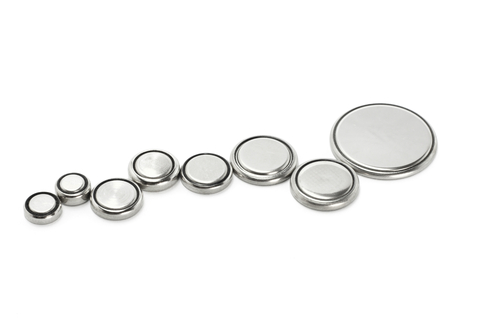
Safety and business implications for lithium batteries in medical devices
Lithium rechargeable batteries achieve some of the highest energy densities available today. Not surprisingly, medtech companies are keen to use lithium batteries in medical devices and benefit from reduced weight or increased battery life.
There are a number of safety implications to choosing these batteries as well as practical business implications.
Safety Regulations
Lithium rechargeable batteries have the potential to overheat and even catch fire. This can occur by overcharging, overloading, as well as by mechanically or environmentally over-stressing. For this reason, medical devices containing rechargeable lithium batteries must confirm to the IEC 62133 standard. This standard defines a number of mechanical, environmental and electrical tests that must be performed in order to ensure a product is safe. Usually, to meet this standard, special protection circuits and mechanical protection features must be employed. Additionally the standard risk management process dictated by the IEC 60601 and IEC 14971 standards should also consider the safety implications of using these batteries.
Lithium rechargeable batteries are considered dangerous goods and therefore there are shipping restrictions. The United Nations has defined the UN 38.3 standard which all battery packs and devices containing lithium batteries must conform to in order to be allowed to ship by air. This can be a bit of a surprise when suddenly you’re forced to send your product by ground transport only. Fortunately, the design features that will enable passing IEC 62133 usually are also effective to allow passing UN 38.3.
Business
Lithium rechargeable batteries don’t come in standard battery packs. It is often surprising that you can’t just buy a standard battery pack that has already passed the regulatory hurdles and can be dropped into a product. Although there are plenty of off-the-shelf raw lithium batteries available, these must be combined with protection circuitry, wired to connectors, and packaged in order to use them in a medical device. This invariably is a custom process, specific to each application. Fortunately there are numerous companies that specialise in the custom packaging of lithium batteries and many are equipped to provide the safety testing services required.
There are great, functional reasons to use Lithium batteries in medical devices. With some knowledge of applicable standards and some forethought, the safety, regulatory and business pitfalls that can be avoided.
Kenneth MacCallum, PEng, is a Principal Engineering Physicist at Starfish Medical. He works on Medical Device Development and loves motors, engines and trains as well as the batteries that power them.
Image: 8778316 © Design56 / Dreamstime.com